How to Get Married Legally: Navigating the Paperwork and Process
Planning a wedding involves numerous details, from selecting a venue to organizing seating charts. Yet, one essential part of the process often gets overlooked: the legal paperwork and requirements needed to officially get married. Although it may seem complex, understanding and navigating the legal steps to marriage can be straightforward with the right guidance. This blog post will take you through each stage of the marriage license process, address common requirements, and offer tips to make the experience stress-free.
Step 1: Understanding the Basics of a Marriage License
Before you can say “I do” in the eyes of the law, you’ll need a marriage license. A marriage license is essentially a permit from the government allowing two individuals to legally marry. This document needs to be obtained prior to the wedding and filed afterward to receive your marriage certificate. Different regions and states have specific requirements, so it’s essential to understand your local regulations before moving forward.
Why It’s Important: Without a marriage license, your marriage won’t be recognized as legal. This can have implications for everything from tax filings to name changes to legal rights in a partnership. Getting this document squared away early is key.
Step 2: Research Your State or Country’s Requirements
Marriage license requirements vary by state and country. Some regions have a waiting period, which means you may have to wait a certain number of days between getting your license and your wedding day. Here are some factors to research:
- Residency Requirements: Some states require at least one of the parties to be a resident, while others don’t.
- Identification: Most locations require photo identification like a driver’s license, passport, or birth certificate. Some may also request proof of residency.
- Blood Tests or Health Requirements: Although this is rare now, some states previously required blood tests. Check if this applies in your area.
- Marriage License Fees: The cost varies by location, typically ranging from $20 to $100.
- Witnesses: Some places require witnesses to be present for the application or ceremony.
Step 3: Timing the Application
The timing of your marriage license application is crucial. Apply too early, and the license could expire before your wedding day; apply too late, and you risk not having it on time. Most marriage licenses are valid for 30 to 90 days, so it’s generally safe to apply a month before your wedding. Here are some tips to get the timing right:
- Contact Your Local Clerk’s Office: Confirm the validity period and any other local rules.
- Plan Around Holidays or Weekends: Government offices may be closed during certain periods, potentially delaying your application.
- Consider a Contingency Plan: If you’re planning a destination wedding, you may need a marriage license from that location or have to plan a separate legal ceremony at home.
Step 4: Gathering Necessary Documents
Documents are the backbone of the legal marriage process. To apply for a marriage license, you’ll typically need:
- Identification: Both parties should bring a valid photo ID.
- Proof of Divorce or Widowhood (if applicable): If either party was previously married, they might need to provide a final divorce decree or a death certificate.
- Social Security Numbers (if in the U.S.): Some states require Social Security numbers for tax and identification purposes.
Having all required documents ready ensures the application process goes smoothly and minimizes any chance of delay.
Step 5: Filling Out the Marriage License Application
Once you’re ready to apply, both parties typically need to visit the local county clerk’s office or the relevant issuing authority. Here’s what to expect:
- Completing the Application Form: Most applications are straightforward, asking for basic personal information.
- Reviewing the Information: Carefully check for any errors. Even a small typo could cause issues later.
- Submitting Payment: Be prepared to pay the marriage license fee, which may only be accepted in specific payment forms (like cash or card).
Step 6: The Waiting Period (If Applicable)
Some places require a waiting period between the license application and the ceremony. Waiting periods range from zero to several days. Be mindful of this when planning your wedding date, particularly if you’re from out of town or applying at the last minute. The waiting period is often waived in cases of military deployment or for couples facing specific medical situations.
Step 7: The Ceremony and Signing the Marriage License
Once you have your license and your wedding day arrives, there are a few formalities left to complete:
- Selecting an Officiant: Your officiant should be someone legally allowed to conduct marriages in your state or country, such as a religious leader, judge, or certified celebrant.
- Signing the License: After the ceremony, the couple, officiant, and sometimes witnesses must sign the marriage license.
- Return the License: The officiant or a designated person is responsible for submitting the signed license to the issuing authority to validate the marriage. This submission typically needs to happen within a specific timeframe.
Step 8: Obtaining Your Marriage Certificate
After your signed marriage license is submitted and processed, you’ll be able to obtain your official marriage certificate, a document proving your legal marriage. This certificate is essential for various legal changes, such as updating your name, filing joint taxes, and more. You can usually request a copy from the same office that issued your license.
Handling Potential Challenges
Despite your best efforts, there may be hiccups in the marriage license process. Here’s how to handle a few common issues:
- Missing Documentation: If you lack necessary documents, consider requesting certified copies in advance.
- Expired License: If your license expires before the wedding, you’ll need to reapply.
- Out-of-State or International Weddings: When marrying in a different state or country, check the legal requirements for that location. You may also need to meet certain requirements back home for the marriage to be legally recognized.
Weddings at The Rockleigh
At The Rockleigh, we know that every wedding detail matters—including the legal steps that make your marriage official. With our dedicated team, we strive to make the entire wedding experience seamless, offering support not only with venue preparations but also with practical guidance on navigating the marriage process. We’re here to provide a stress-free, elegant setting so you can focus on celebrating your love.
Whether you’re interested in a traditional ceremony or a custom celebration, our team at The Rockleigh is ready to help bring your dream wedding to life while taking the stress out of the planning. Contact us to learn more about how we can support your big day with every detail in mind, including advice on marriage license procedures if you need it. Let’s make your wedding everything you envision, with support at every step!





No Comments
Sorry, the comment form is closed at this time.